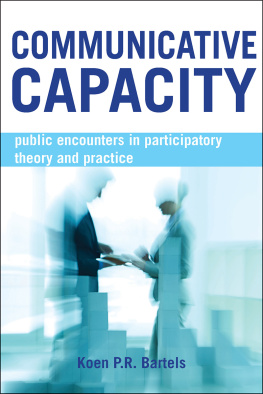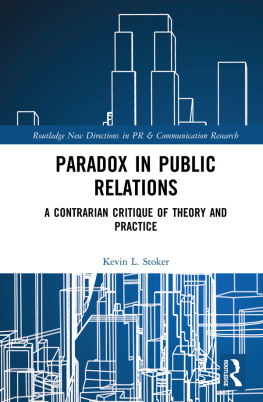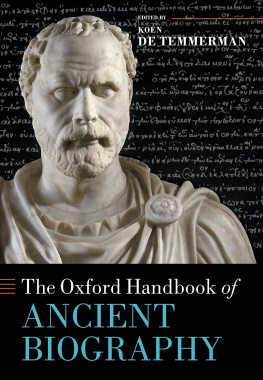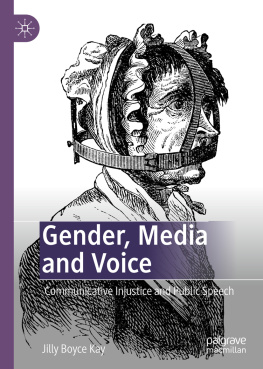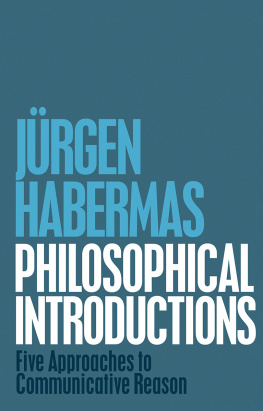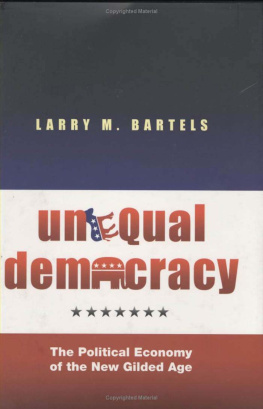Koen P. R. Bartels - Communicative Capacity: Public Encounters in Participatory Theory and Practice
Here you can read online Koen P. R. Bartels - Communicative Capacity: Public Encounters in Participatory Theory and Practice full text of the book (entire story) in english for free. Download pdf and epub, get meaning, cover and reviews about this ebook. year: 2015, publisher: Policy Press, genre: Politics. Description of the work, (preface) as well as reviews are available. Best literature library LitArk.com created for fans of good reading and offers a wide selection of genres:
Romance novel
Science fiction
Adventure
Detective
Science
History
Home and family
Prose
Art
Politics
Computer
Non-fiction
Religion
Business
Children
Humor
Choose a favorite category and find really read worthwhile books. Enjoy immersion in the world of imagination, feel the emotions of the characters or learn something new for yourself, make an fascinating discovery.
- Book:Communicative Capacity: Public Encounters in Participatory Theory and Practice
- Author:
- Publisher:Policy Press
- Genre:
- Year:2015
- Rating:5 / 5
- Favourites:Add to favourites
- Your mark:
- 100
- 1
- 2
- 3
- 4
- 5
Communicative Capacity: Public Encounters in Participatory Theory and Practice: summary, description and annotation
We offer to read an annotation, description, summary or preface (depends on what the author of the book "Communicative Capacity: Public Encounters in Participatory Theory and Practice" wrote himself). If you haven't found the necessary information about the book — write in the comments, we will try to find it.
Koen P. R. Bartels: author's other books
Who wrote Communicative Capacity: Public Encounters in Participatory Theory and Practice? Find out the surname, the name of the author of the book and a list of all author's works by series.
Communicative Capacity: Public Encounters in Participatory Theory and Practice — read online for free the complete book (whole text) full work
Below is the text of the book, divided by pages. System saving the place of the last page read, allows you to conveniently read the book "Communicative Capacity: Public Encounters in Participatory Theory and Practice" online for free, without having to search again every time where you left off. Put a bookmark, and you can go to the page where you finished reading at any time.
Font size:
Interval:
Bookmark:

A catalogue record for this book is available from the British Library
A catalog record for this book has been requested
ISBN 978-1-4473-3456-9 ePub
ISBN 978-1-4473-3457-6 Mobi
Front cover image: iStock
This book has been optimised for PDA.
Tables may have been presented to accommodate this devices limitations.
Image presentation is limited by this devices limitations.
AW | Amsterdamse Wijkaanpak (Amsterdam Neighbourhood Approach) |
BUP | Buurtuitvoeringsplan (Quarter Implementation Plan) |
CRG | Community Reference Group |
ENC | Engagement Network Coordinator |
GCPP | Glasgow Community Planning Partnership |
GSB | Grote Stedenbeleid (Big Cities Policies) |
IPA | Interpretive Policy Analysis |
LCPP | Local Community Planning Partnership |
LSP | Local Strategic Partnership |
NHS | National Health Service |
POC | Piano Operativo Comunale (Operational Municipal Plan) |
P&SC | Pollokshields and Southside Central |
PSC | Piano Strutturale Comunale (Strategic Municipal Plan) |
SIP | Social Inclusion Partnership |
SLIM | Skills and Learning Intelligence Module |
SOA | Single Outcome Agreement |
Font size:
Interval:
Bookmark:
Similar books «Communicative Capacity: Public Encounters in Participatory Theory and Practice»
Look at similar books to Communicative Capacity: Public Encounters in Participatory Theory and Practice. We have selected literature similar in name and meaning in the hope of providing readers with more options to find new, interesting, not yet read works.
Discussion, reviews of the book Communicative Capacity: Public Encounters in Participatory Theory and Practice and just readers' own opinions. Leave your comments, write what you think about the work, its meaning or the main characters. Specify what exactly you liked and what you didn't like, and why you think so.

